A motion to establish a Senate select committee to examine the influence and censorship of Big Tech companies has stalled, with the Senate vote split evenly 32-32.
Liberal Senator Alex Antic was prompted to raise the motion in January after tech giant Twitter permanently banned former U.S. President Donald Trump’s social media account.
The committee would have been charged with investigating issues such as disinformation, misinformation and malinformation, including shadow banning, de-platforming, no-platforming, and demonetisation.
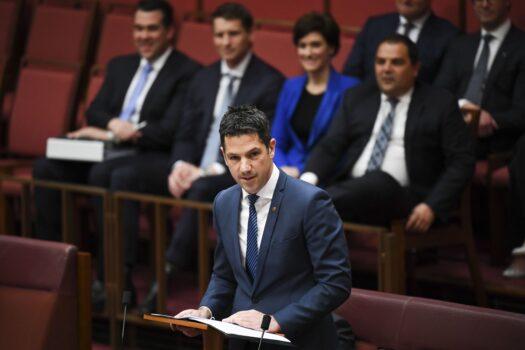
While senators from the Liberal, National and One Nation parties voted in favour, the Labor Party, Greens, and independent Senators Rex Patrick, Stirling Griff, and Jacquie Lambie opposed, citing concerns over the Senate’s increased workload and the number of committees currently operating.
“Normally, we do work collaboratively with all senators in this place around the establishment of committees and referrals to committees,” Labor Senator Katy Gallagher told the Senate.
“We were advised by the government that they are concerned at the number of select committees that are currently operating in the Senate,” she said.
Independent Senator Patrick said he would have supported the motion if it was calling for a references committee instead of a select committee.
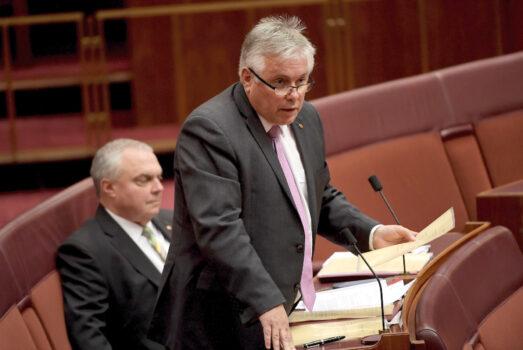
“A (Select Committee) chair receives $23,240 of additional payment, and a deputy chair receives $11,620, so this is a cost to the taxpayer of $34,000. At the same time, we are paying a stipend for the references committee chairs and deputy chairs, and they seem to be underutilised,” he said.
Greens Deputy Leader Senator Nick McKim said there was “no doubt” an inquiry was needed into its impact on democracy and how it has allowed the “proliferation” of far-right extremism. However, he was also concerned by the language used in the motion, calling it right-wing.
“This motion contains language which concerns the Greens,” McKim told the Senate. “It is language, which is used overwhelmingly by the far right, including terms like shadowbanning and de-platforming.”
In response to the vote, Senator Antic told The Epoch Times that a broader enquiry headed by a select committee was needed to investigate the “huge influence” Big Tech had over the lives of Australians.
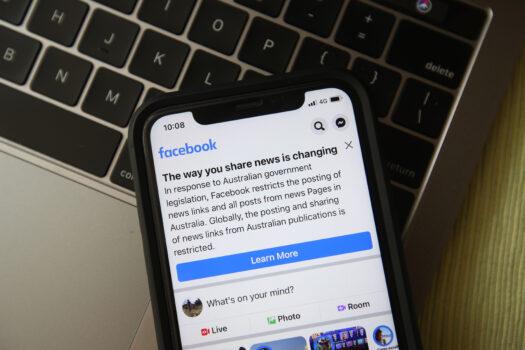
“The topics which were to be covered include fundamental tenets such as the importance of freedom of speech and go to the very heart of our Australian democracy,” he said.
“On any measure, it is deserving of its own committee enquiry, and a select committee is the best vehicle to investigate,” he added.
“This issue is too important to be dropped, and I will be exploring other options to pursue the line of enquiry, such as a referral to a standing committee.”
Currently, the Australian Competition and Consumer Commission (ACCC) is spearheading the government’s efforts to regulate Big Tech.
However, the ban caused widespread disruption across Australia after it inadvertently suspended the Facebook accounts of several non-media related entities, including non-profit organisations, unions, businesses, emergency services, the weather bureau, and government departments.


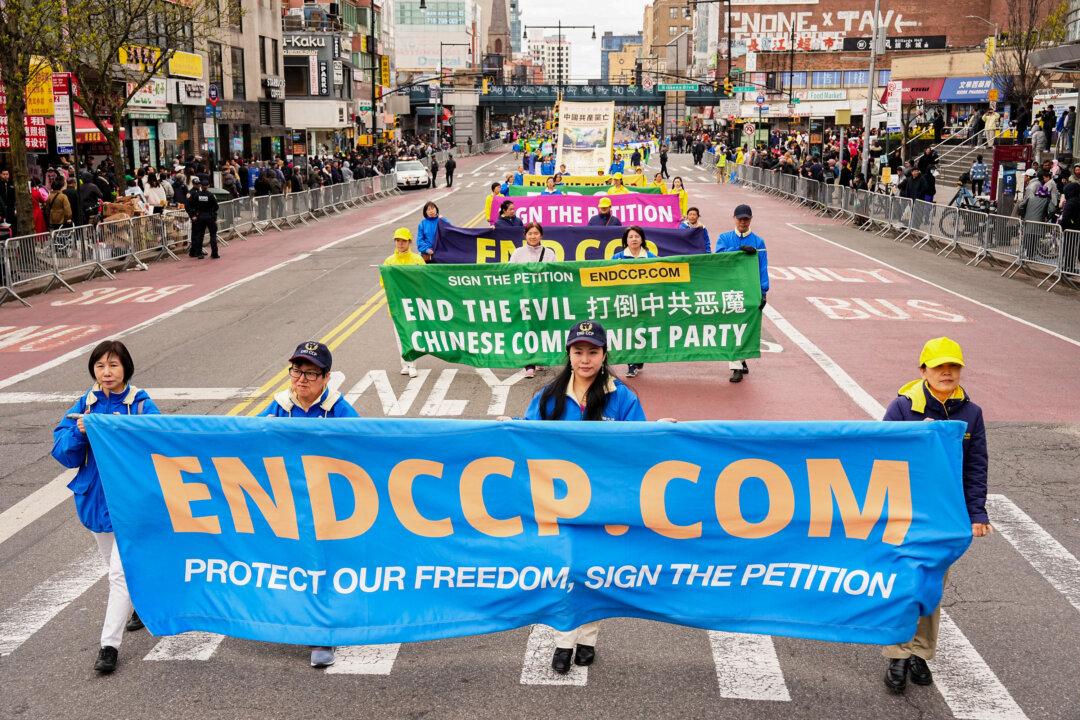
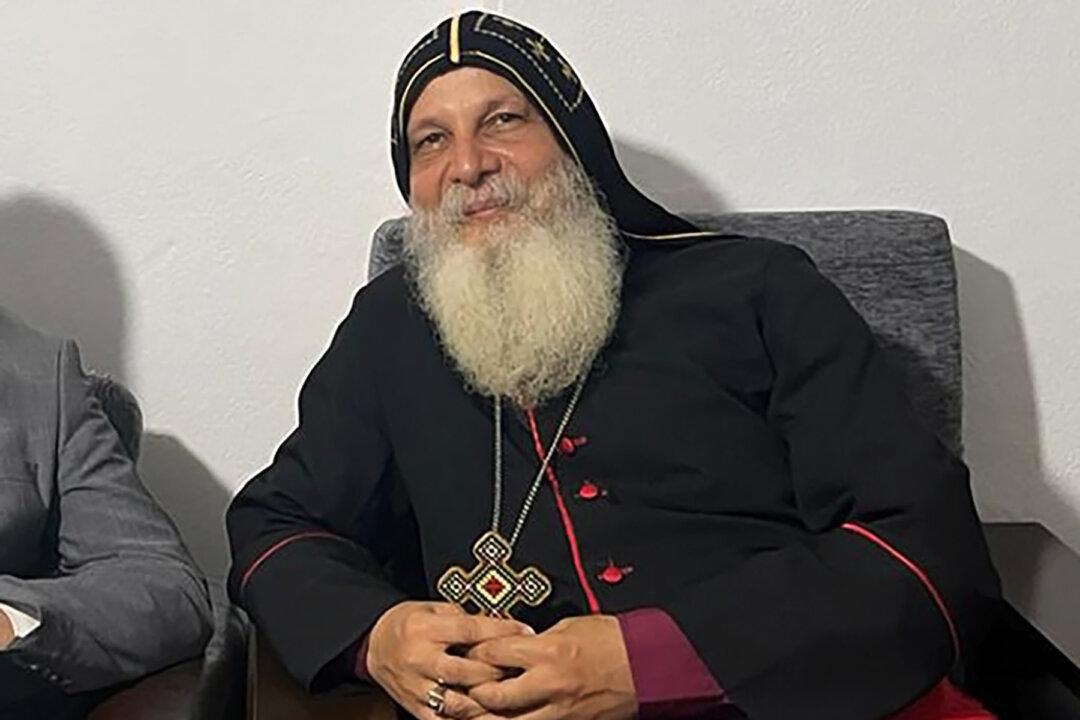


Friends Read Free